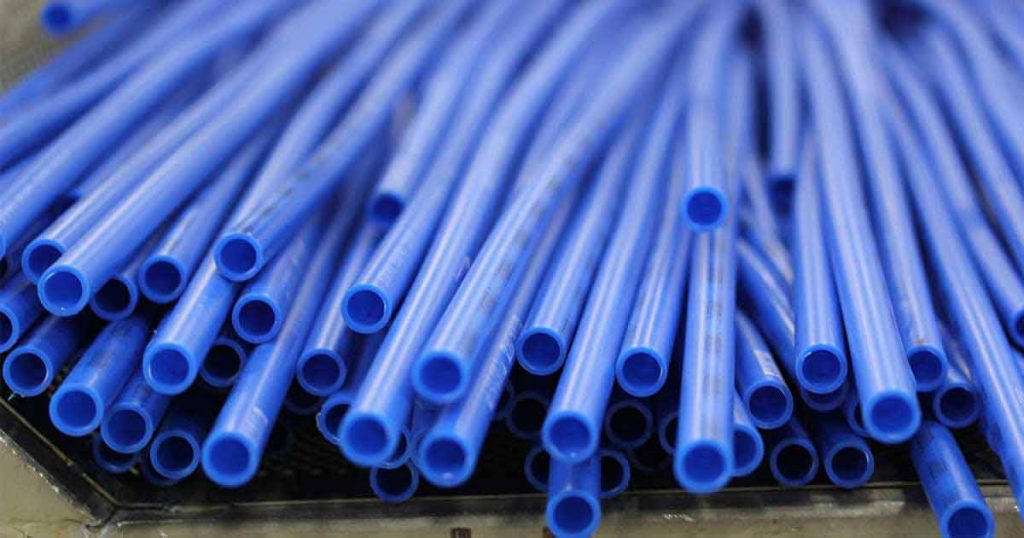As a homeowner, you know that there is a lot of maintenance and care that goes into keeping your household functioning. And from the water heater to the drain pipes, all of the components in your plumbing system will eventually wear out. But the one that seems to slip under the radar of almost every homeowner is the main water line to the house. This essential piece of pipe gets no attention or service throughout its life. But when it does fail, you have no water in your home until you can replace the line. So knowing the age and estimating the life expectancy of this pipe is much more critical than many homeowners understand.
Some Essential Information
The main water line supplying your home is a one-of-a-kind device. Much like the sewer line that connects all your drains to the city sewer system, the main water line is the only one to deliver water to your house. And without it, you are instantly transported back in time to a day before indoor plumbing was the norm. To avoid this unpleasant trip back in history, you need to know when that essential pipe is reaching the end of its life so that you can proactively replace it. But to do that, you need to gather a bit of information, including:
- What material is the waterline made of?
- The quality and mineral level of the water that is traveling through the pipe
- The quality and composition of the soil surrounding the pipe
All of these factors, plus the estimated installation date, will let you know when to plan on replacing the pipe before it fails and leaves you living in what will indeed feel like prehistoric times. On average, plan on getting about 70 years from the main water line under optimal conditions. However, with mineral-laden water and soil, that could decrease significantly.
What Shortens The Life Of A Water Main?
From the outside, several factors can damage a water line. The most common nemesis is an aggressive tree root. The root will grow around the water line and eventually exert enough force to crush the pipe. Even as the pressure builds, the water line could begin to crack and leak. This is also when you might start noticing small bits of dirt or metal flakes contaminating your water as the crack allows contaminants into the house water.
Water lines can also be damaged by outside forces like an earthquake, mudslide, or a piece of construction equipment. After any natural disaster, it is wise to schedule a plumbing inspection to ensure that everything from your main water supply line to the sewer line connecting your drains to the sewer system is in good operating order. And if you are having any construction done, be sure to mark the location of all water and sewer lines to avoid a costly mishap.
Inside the waterline, heavy mineral content will certainly take a toll. The minerals and sediment can begin to create a blockage in the pipe or corrode through the surface. Both will result in a significantly shortened lifespan.
Signs Of Trouble
Typically, main water line leaks never remain small very long. Some of the indications of trouble include:
- A crater in your yard from the leak
- Dirt in the water inside your home
- Metal flakes contaminating the water
- Rust in the water supply
If you have noticed any of these issues, call (301) 278-8786 immediately. The licensed plumbers at A Better Plumber will arrive quickly to determine if the line needs to be replaced or if a fully warrantied repair will provide a reliable solution for your home.







